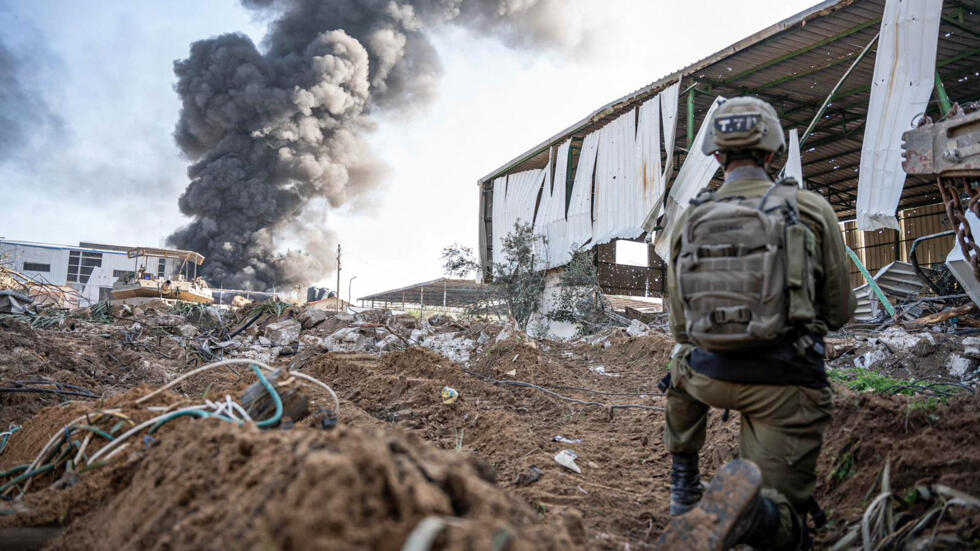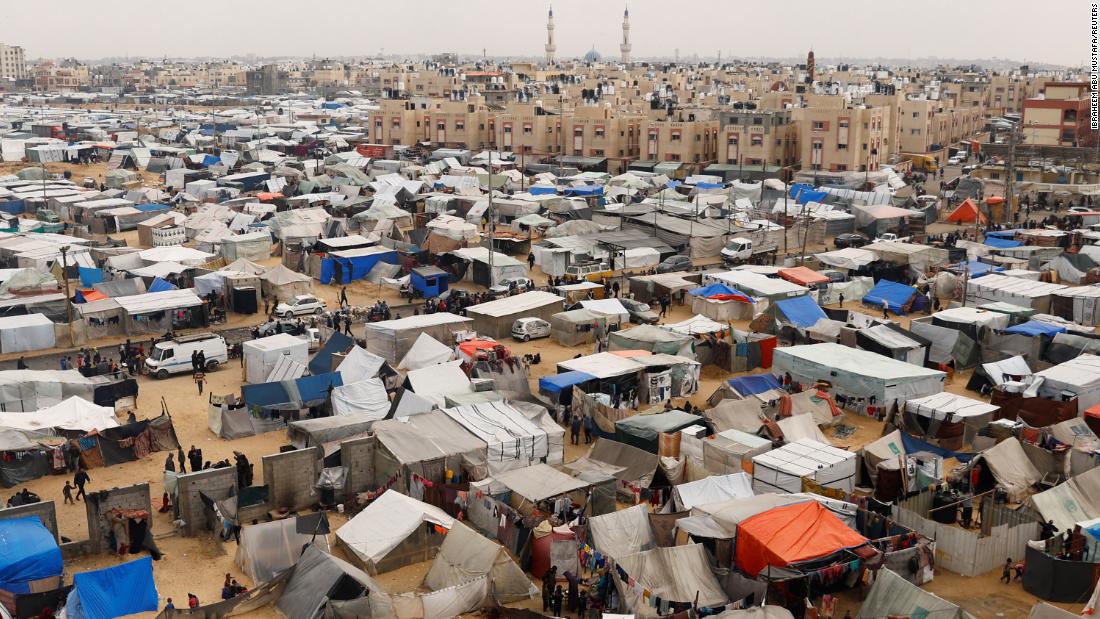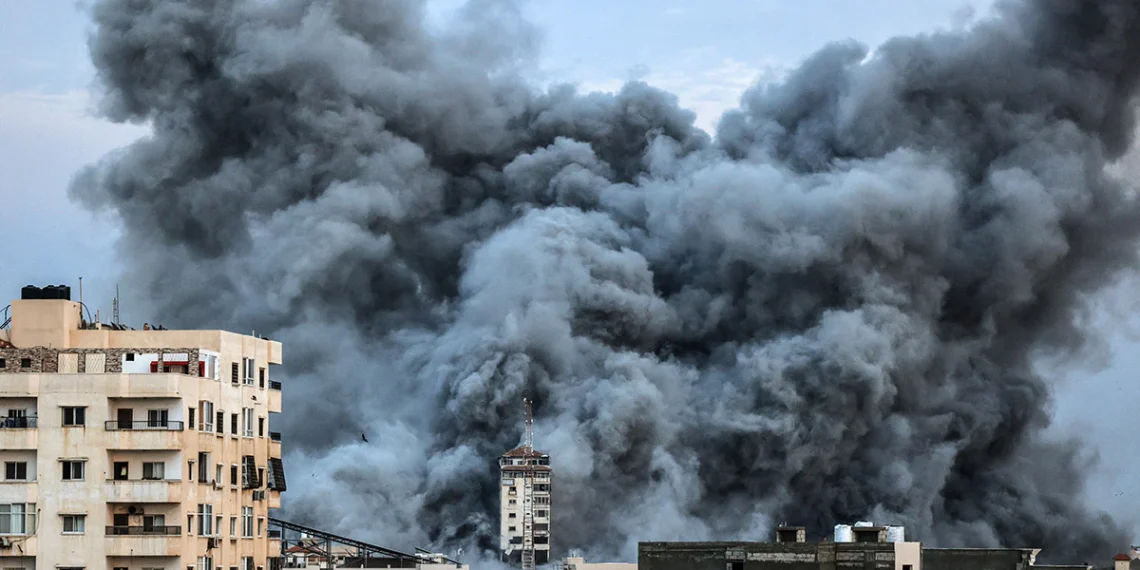In Gaza, Palestinians, facing homelessness and hunger, plead for a ceasefire as the United States hints at a potential temporary truce. The proposed agreement, slated to coincide with the start of Ramadan in March, offers hope of relief from the ongoing hostilities that have plunged Gaza into a dire humanitarian crisis.
Despite negotiations surrounding a reported six-week ceasefire proposal, Hamas insists on a permanent cessation of hostilities, citing significant disparities in the terms.

“We hope it will be a permanent ceasefire. We don’t want to go back to war because war after the first truce destroyed us and destroyed our houses,” expresses Rehab Redwan, a displaced resident who seeks refuge in a roadside tent.
After enduring nearly five months of relentless Israeli military operations, the majority of Gaza’s population has been displaced, infrastructure lies in ruins, and famine and disease loom large.
However, while many yearn for a reprieve from the conflict, concerns persist over the terms of the proposed truce, particularly regarding the return of displaced individuals to their homes and the duration of the ceasefire.
In the face of staggering casualties and devastation, Gaza residents voice a mix of desperation for immediate relief and skepticism about the prospects of a lasting peace.

The uncertainty surrounding the negotiations adds to the anxiety and frustration among the populace, who have suffered immense losses and hardships due to the prolonged conflict.
Despite the challenges and uncertainties, there is a collective yearning for peace among Palestinians in Gaza. The prospect of a ceasefire, even if temporary, offers a glimmer of hope for some respite from the relentless violence and turmoil that have ravaged their lives and communities.





